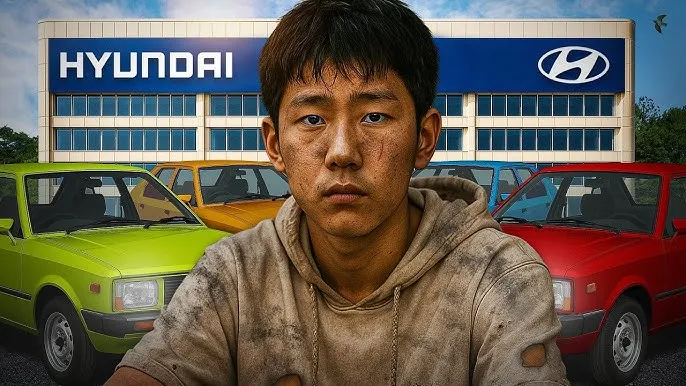
A Story That Sounds Impossible but Is True
Every great empire begins with a story, and the story of Hyundai is one of the most remarkable tales in modern business history. Imagine a young boy born into crushing poverty in rural Korea—no money, no connections, and barely any education. Instead of accepting his fate, he ran away from his small village, carrying nothing but a dream and relentless determination. That boy was Chung Ju-yung, the founder of Hyundai. Today, Hyundai is not just a car company—it is a global conglomerate, known for automobiles, shipbuilding, construction, and heavy industries that changed the face of South Korea.
This article explores, in great depth, how a poor Korean boy created Hyundai, turning hardships into stepping stones, and building one of the most powerful brands the world has ever seen.
Early Life – Born Into Struggle
Chung Ju-yung was born in 1915 in a farming village in what is now North Korea. His family was desperately poor, surviving mainly on rice farming and manual labor. As the eldest of many children, he was expected to take care of family responsibilities instead of chasing personal dreams.
From a very young age, he felt trapped by poverty. He longed for education but was forced to work in the fields. Yet, within that struggle, he developed something priceless: a hunger for change. While other children accepted farming as their destiny, Chung imagined life beyond the mountains of his small village.
The First Escape – Trading a Cow for a Dream
One of the most legendary stories about Chung’s youth involves a cow. Determined to leave the farm, he secretly sold one of his father’s cows to fund his journey to the city. With that money, he bought a chance to chase his ambitions. Although his family initially disapproved, this daring move became symbolic of his life—taking huge risks for bigger rewards.
That single act of courage—leaving home with no safety net—became the first building block of the Hyundai empire.
Early Struggles – Rice Shops, Labor, and Learning Fast
When Chung first reached the city, he didn’t immediately become a businessman. He worked at small jobs: as a rice shop assistant, a delivery boy, and even a manual laborer. These humble beginnings gave him lessons in money management, supply chains, and customer service.
He quickly realized that business success depended on trust and reliability. If customers trusted you to deliver on time and with quality, you could grow. Even in these small shops, he began to notice patterns of trade, demand, and efficiency.
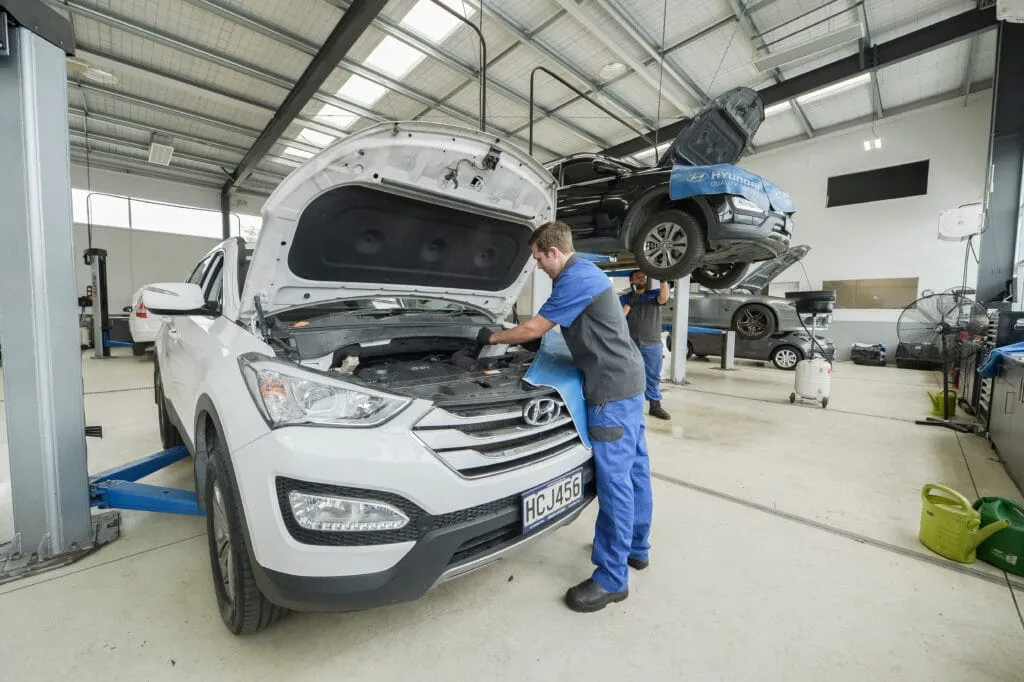
The Auto Repair Shop – First Step Toward Industry
In the 1930s and 1940s, Korea was still under Japanese rule, and industrialization was minimal. Chung, however, spotted an opportunity in automobiles. He took a job at a repair shop and later managed to open his own small garage. This was the first time he dealt directly with machines, engines, and customers who valued reliability.
The auto repair business was not glamorous, but it taught him discipline, mechanical knowledge, and the power of technical skills. More importantly, it planted the seeds for Hyundai’s future in automobiles.
Founding Hyundai – Construction First
In 1947, Chung founded Hyundai Engineering & Construction. The word “Hyundai” itself means “modernity” in Korean, a bold name for a country still recovering from war and colonization. Chung’s vision was clear: he wanted to be part of Korea’s modernization.
Hyundai Construction played a key role in rebuilding South Korea after the Korean War. From roads and bridges to dams and industrial plants, Hyundai became the backbone of the nation’s infrastructure. The company took on projects that others considered impossible, finishing them on time and with high standards. This reputation would later help Hyundai expand into industries no one thought possible.
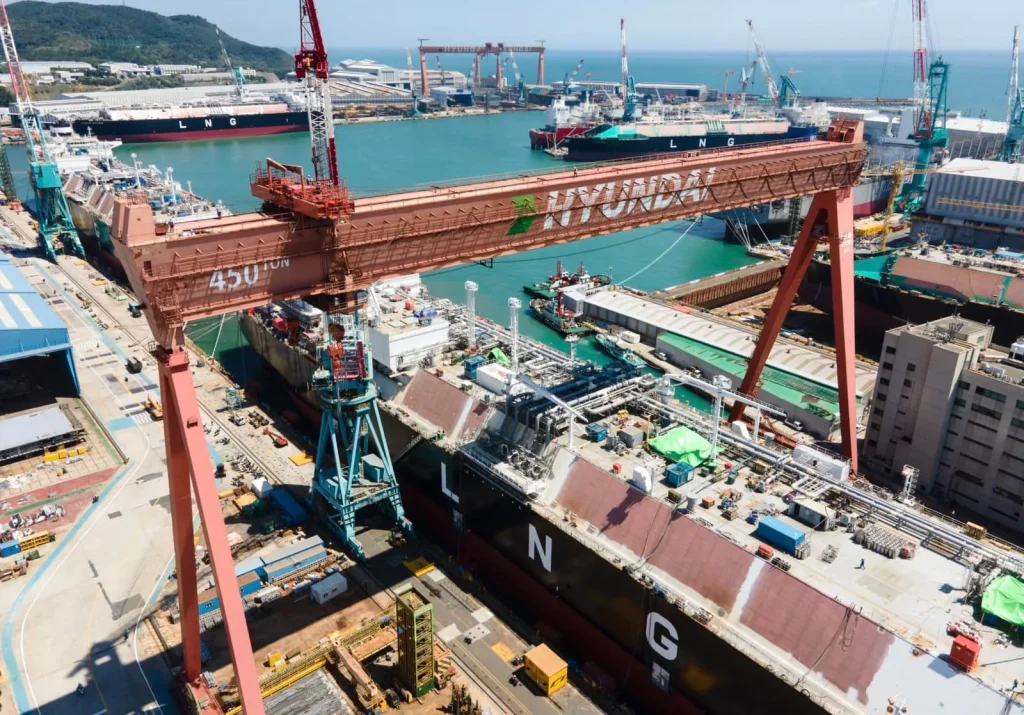
Building an Empire – Shipbuilding and Beyond
In the 1970s, Chung did something the world thought was crazy—he entered shipbuilding without any prior experience. At that time, South Korea had no global reputation in heavy industry. But Chung believed Korea could compete.
He convinced foreign investors to place massive ship orders before the shipyard was even built. With courage, negotiation, and sheer confidence, Hyundai constructed one of the largest shipyards in the world in Ulsan. Soon, Hyundai Heavy Industries became the world’s leading shipbuilder.
This episode highlighted Chung’s strategy: sell credibility first, then deliver capacity. It was a principle that defined Hyundai’s rise.
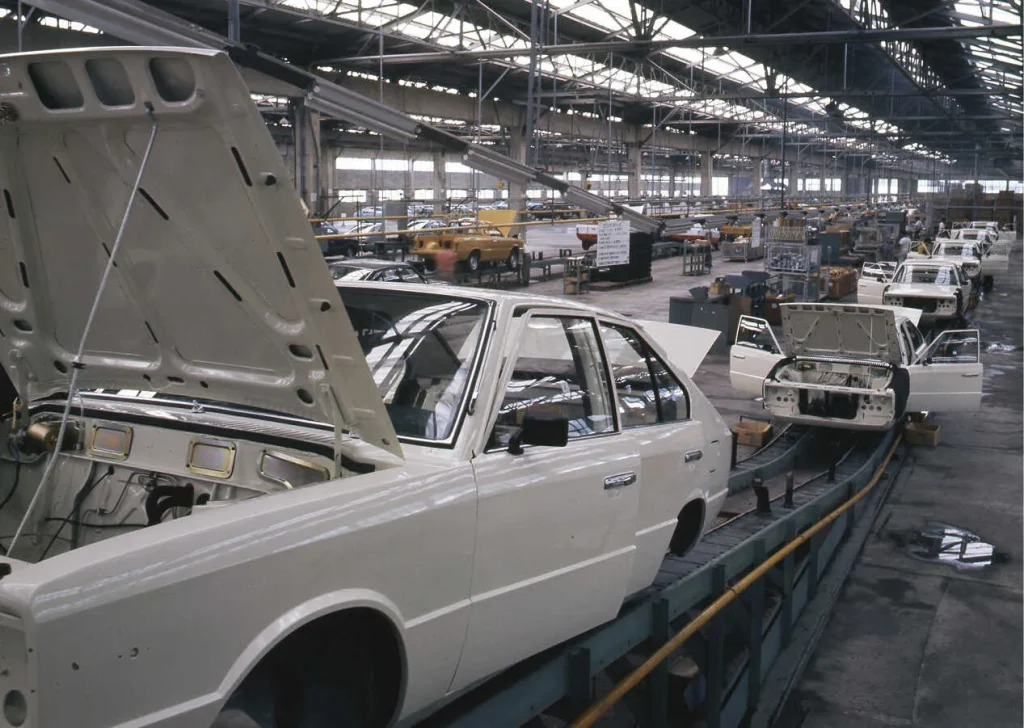
Entering the Automobile Industry – The Birth of Hyundai Motor
In 1967, Chung officially founded Hyundai Motor Company. At first, Hyundai partnered with Ford to assemble the Cortina in Korea. But Chung wanted independence. He didn’t want Hyundai to just build cars under someone else’s brand—he wanted Korea’s own car.
In 1975, Hyundai introduced the Pony, Korea’s first mass-produced and exported car. Designed with the help of Giorgetto Giugiaro, one of Italy’s most famous designers, and supported by a team of engineers from Europe and Japan, the Pony became a breakthrough. It wasn’t the most luxurious car, but it was affordable, practical, and proudly Korean.
This marked the beginning of Hyundai as a global car manufacturer.
Overcoming Challenges – Quality and Reputation
Hyundai’s cars were not always perfect. In the early years, the company faced criticism for quality issues. Many laughed at the idea of Korean cars competing with Japanese, American, or European brands.
But Hyundai didn’t back down. The company invested heavily in research, technology, and quality control. By the 1990s and 2000s, Hyundai was producing cars that won international awards for safety, design, and reliability. Today, Hyundai is ranked among the world’s top carmakers, alongside Toyota, Honda, and Volkswagen.
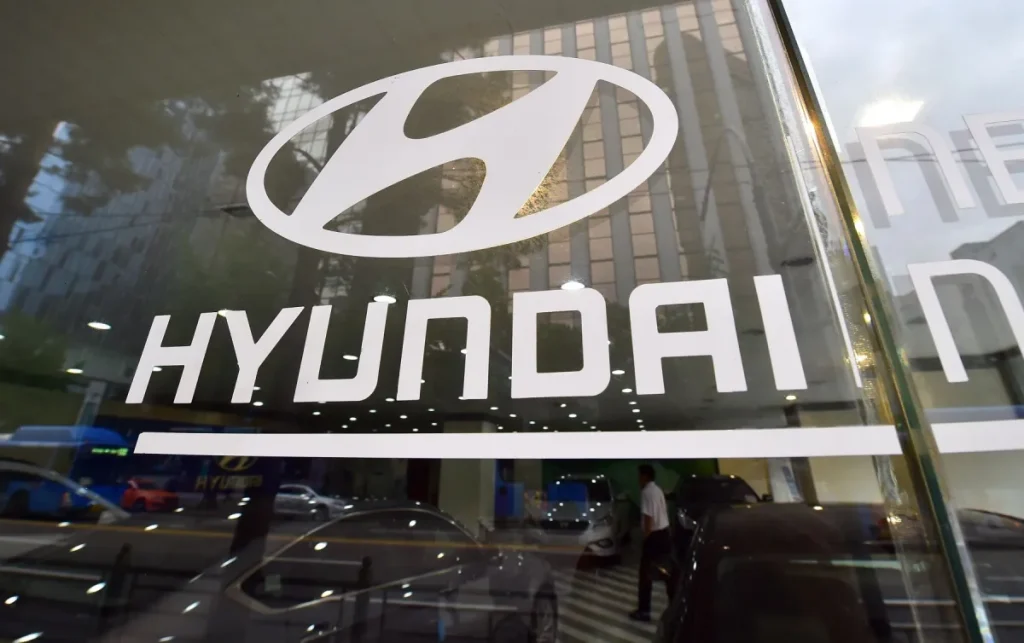
Symbolic Gesture – Returning the Cow
In 1998, when Chung was already a respected tycoon, he made a symbolic trip to North Korea. To honor his childhood story, he sent 1,001 cows across the border—repaying the single cow he once sold to escape poverty. This act of reconciliation made headlines around the world and showed that he never forgot his humble beginnings.
The Hyundai Philosophy – Lessons from the Founder
Chung Ju-yung’s leadership style can be summarized in a few principles:
- Impossible is an excuse – If others say it can’t be done, it means they don’t know how to do it yet.
- Credibility first, capacity second – Earn trust, then build resources.
- Hardship creates strength – Poverty gave him the drive to never quit.
- National purpose matters – Hyundai wasn’t just a company; it was part of Korea’s rise.
- Global vision – From the beginning, Hyundai thought beyond borders.
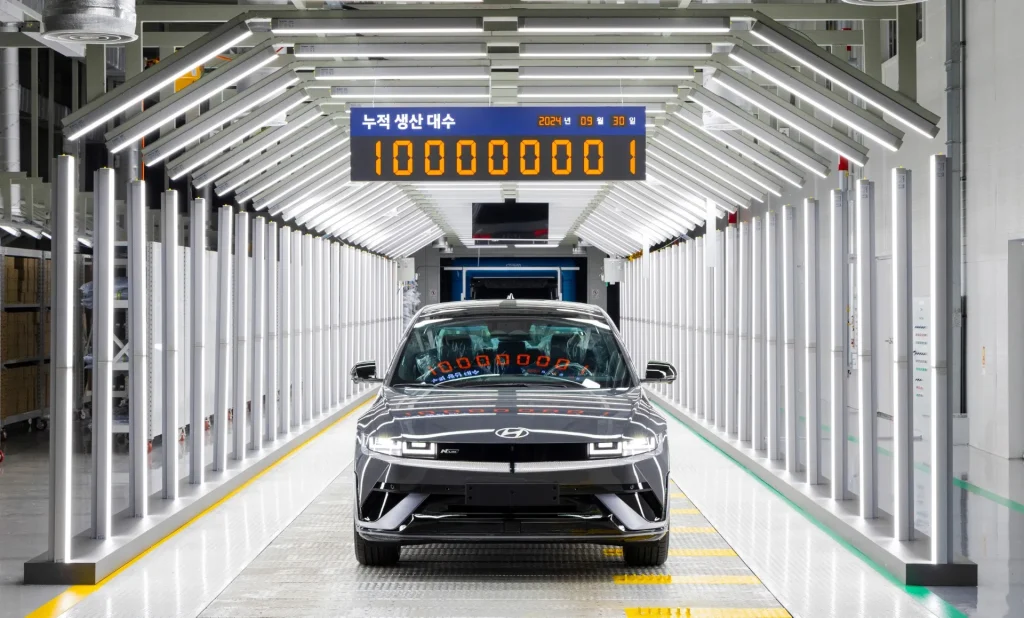
Hyundai Today – A Global Powerhouse
Today, Hyundai is more than just cars. It is a conglomerate with subsidiaries in construction, shipbuilding, steel, logistics, finance, and technology. Hyundai Motor, along with Kia, is one of the top five automakers in the world.
From electric vehicles to autonomous driving, Hyundai is now shaping the future of mobility. The company that began with one poor boy’s dream has become a symbol of resilience, innovation, and global ambition.
Conclusion – The Legacy of a Poor Boy Who Changed the World
The story of Hyundai is not only about money and machines; it is about human spirit. A boy born into poverty, who sold a cow to chase his dream, built a brand recognized in every corner of the globe.Chung Ju-yung’s life reminds us that success doesn’t come from comfort—it comes from hunger, risk, and relentless effort. Hyundai is not just a company; it is a testament to how far belief and hard work can take you.


